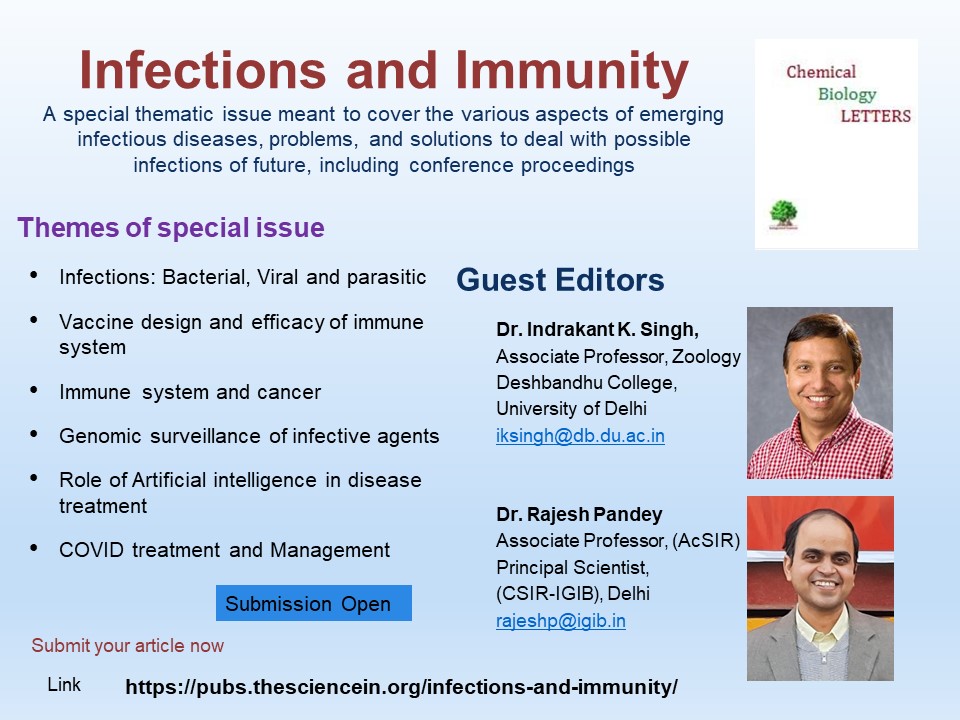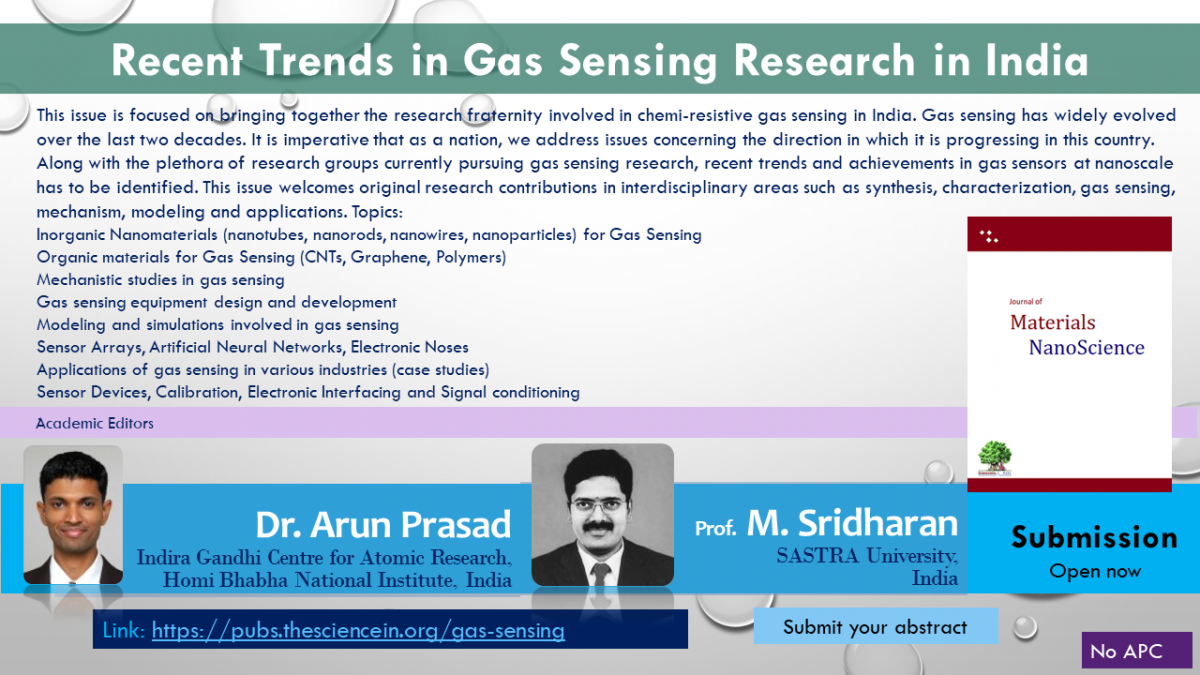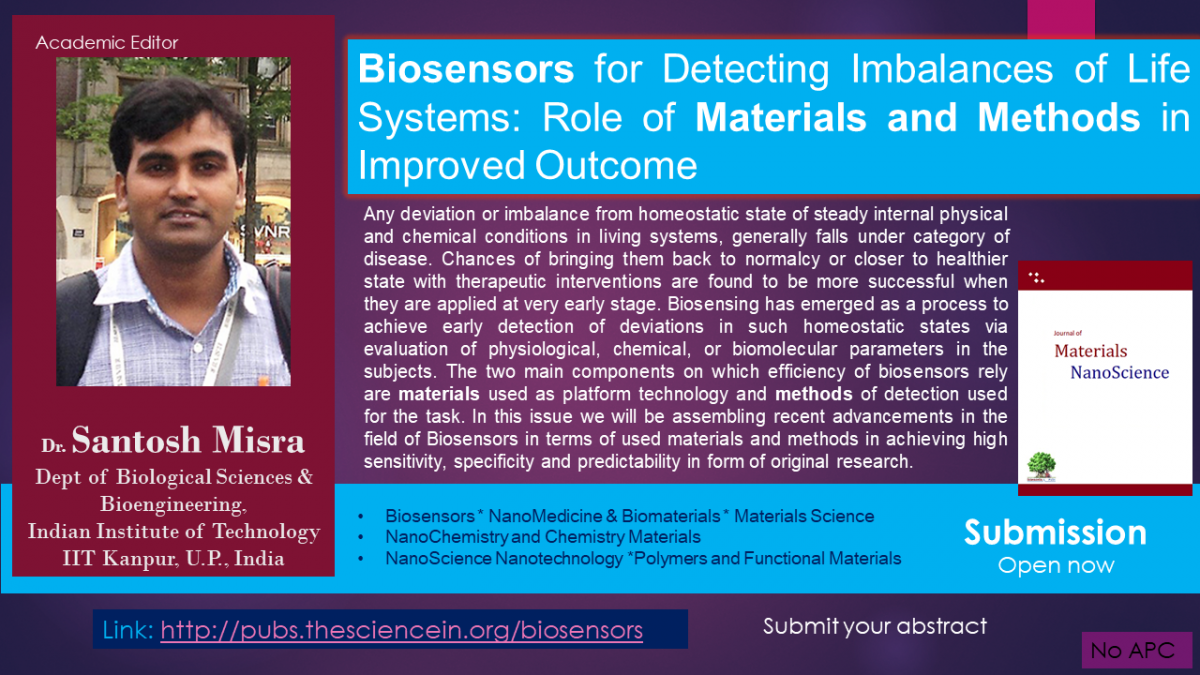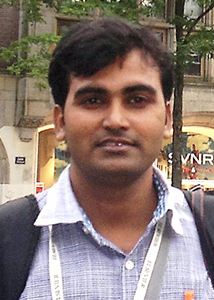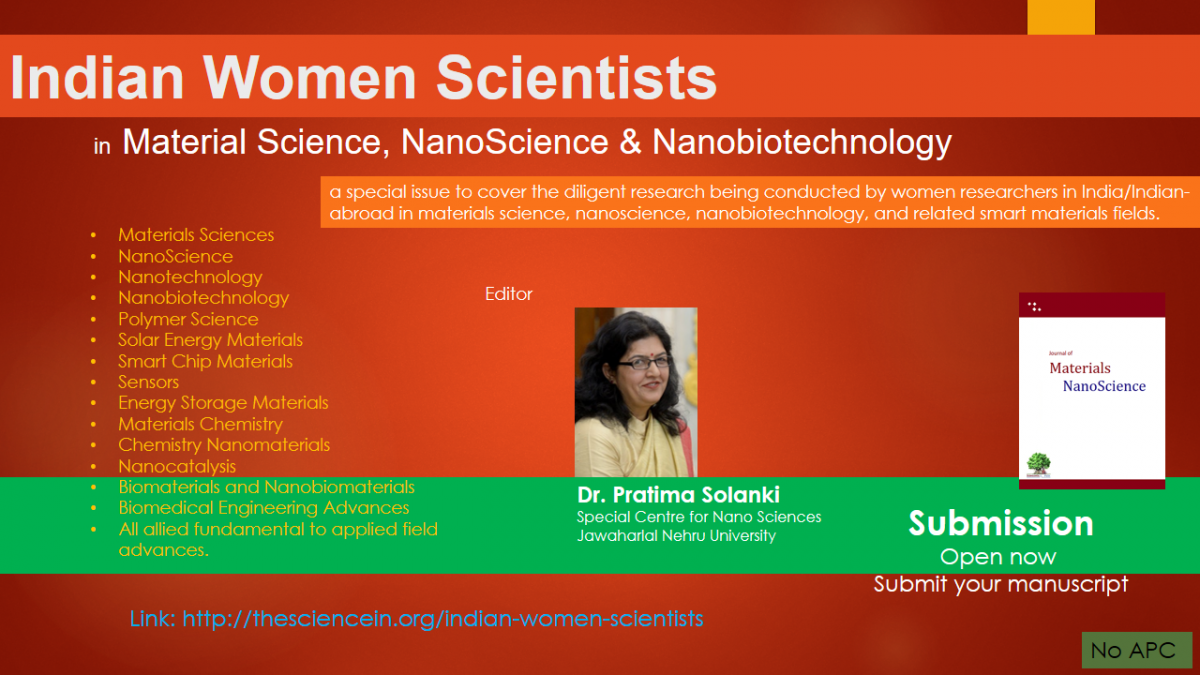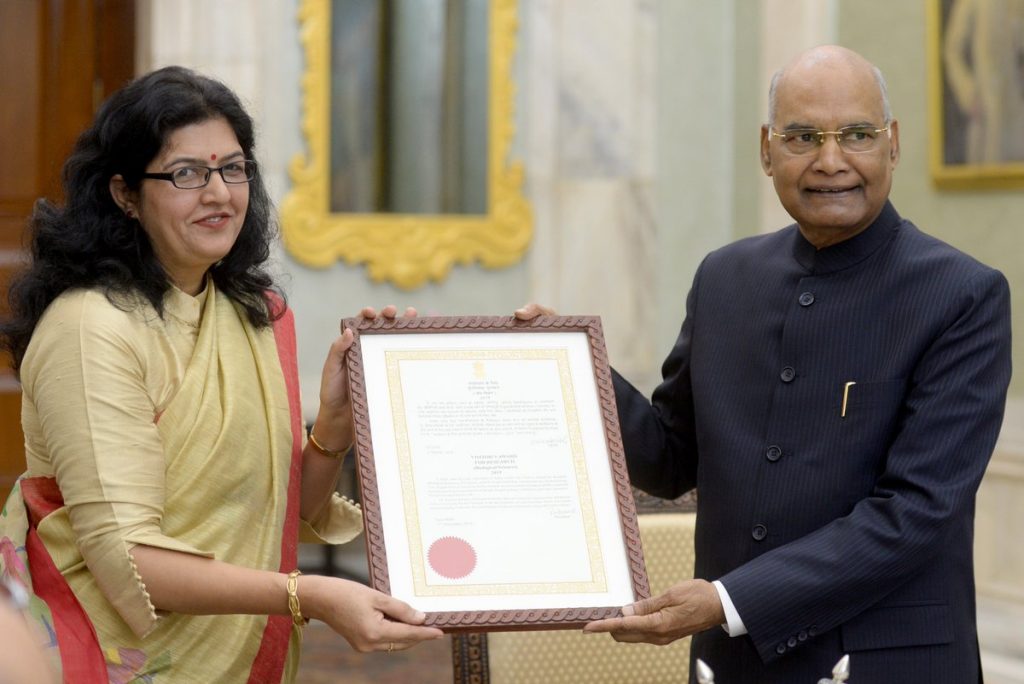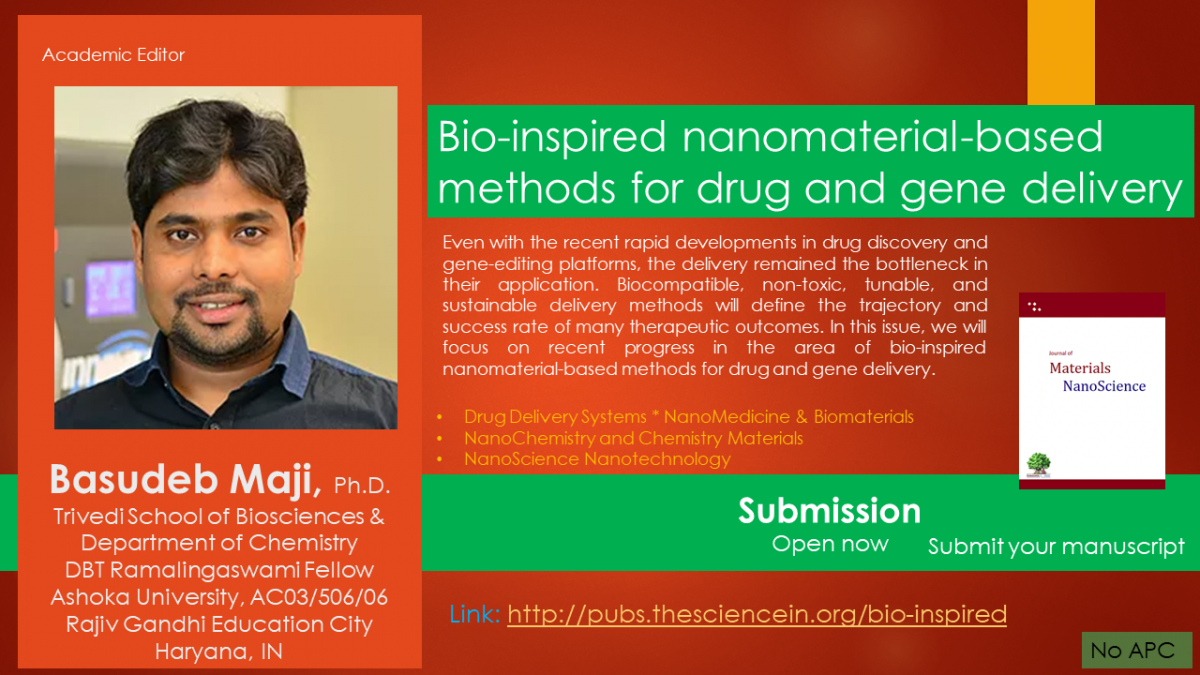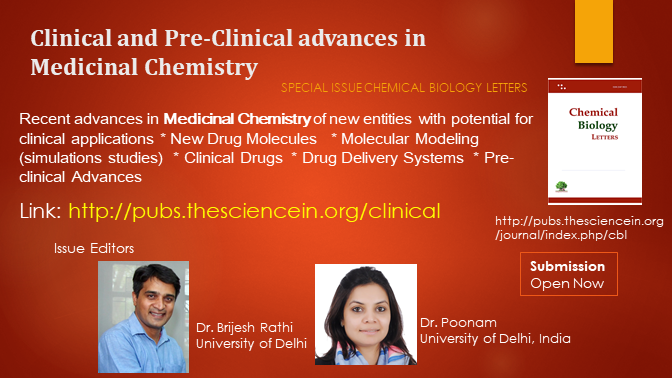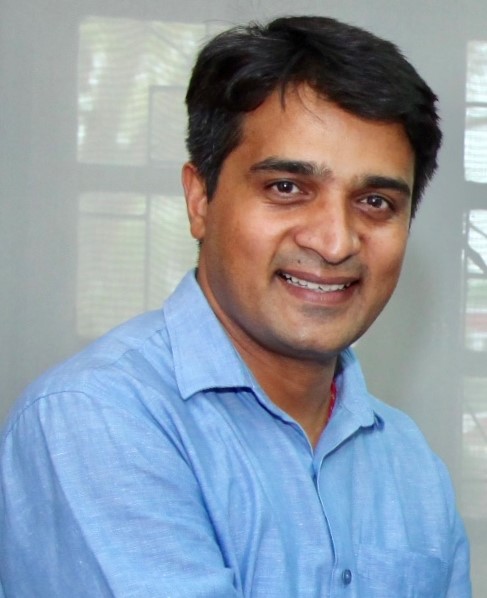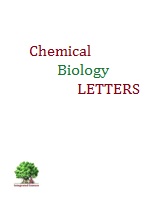Amidst the present pandemic, there has been a lot of talk about the role of immunity in handling the outbreak. A sudden surge of information on various aspects of immunity in infections has ignited curiosity and awareness among the common people about the role and scope of immunity.
The University of Delhi, Daulat Ram College ( https://dr.du.ac.in ) hosted a 3-day International Conference on “Infections and Immunity” on 8-10 Oct 2021 with aim towards a global collaboration between scientists, research scholars and students working on various aspects of immunology from different research organizations, medical institutions, NGOs, and reputed Universities, to share their ideas and discuss the solutions. The selected full length articles from speakers, participants and other scholars will be published in special thematic issue.
This special issue is meant to cover the various aspects of emerging infectious diseases, problems, and solutions to deal with possible infections of future. It will bring together the knowledge of the paradigms of infectious diseases and the recent researches related to this area including the role of both innate and acquired immunity. It also aims to explore the role of vaccine and the challenges in vaccine development against the infectious agents. The special issue will include articles on recent therapeutic and diagnostic tools in tackling infections, developments and challenges in vaccine and immunity with emphasis on most recent research findings.
Themes of special issue and associated Session of Conference are:
- Infections: Bacterial, Viral and parasitic
- Vaccine design and efficacy of immune system
- Immune system and cancer
- Genomic surveillance of infection agents
- Role of Artificial intelligence in disease treatment
- COVID-19 treatment and Management
Guest editors
Dr. Indrakant K. Singh,
Associate Professor, Zoology
Deshbandhu College, University of Delhi
Dr. Rajesh Pandey
Associate Professor, (AcSIR)
Principal Scientist, (CSIR-IGIB), Delhi
Coordinated by
Dr. Jyoti Taneja
Zoology
Daulat Ram College, University of Delhi, Delhi.
Dr. Sonika Sharma
Department of Zoology
Daulat Ram College, University of Delhi, Delhi.
Articles
Nimita Kant, Shamashree Samanta, Ishika Panchal, Abhishek Pandey, Lagna Ghatak, Adyasha Rout, Jitendra Kumar Chaudhary
Chemical Biology Letters, 2022, 9(2), 331

Uma Bharathi Indrabalan, Suresh Kuralayanapalya Puttahonnappa, Mallikarjun S Beelagi, Sharanagouda S Patil, Chandan Shivamallu, Mohan Pappana, Raghavendra Amachawadi
Chemical Biology Letters, 2022, 9(2), 295
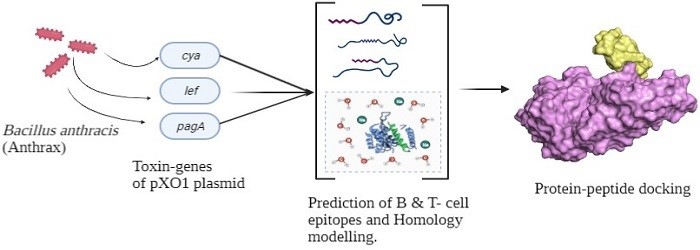
Chandhana Prakash
Journal of Biomedical and Therapeutic Sciences, 2022, 9(1), 11-18.
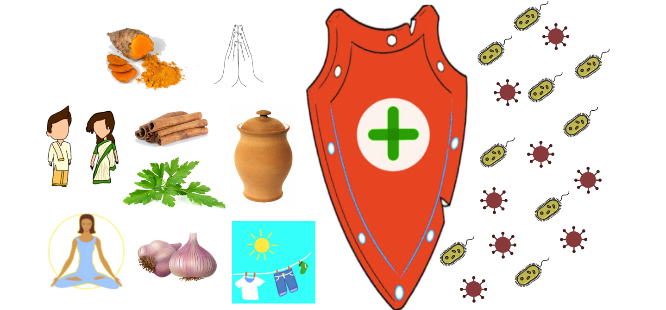
Jyoti Taneja, Priya Bhardwaj, Sunita K Yadav, Daman Saluja
Journal of Integrated Science and Technology, 2022, 10(1), 24-28.

The COVID-19 havoc and clues from Sex disaggregated data in the Indian population
Divya Bajaj, Varunendra Singh Rawat, Kanika Malik, Neetu Kukreja Wadhwa
Journal of Integrated Science and Technology, 2022, 10(1), 29-38.

In silico study of phytochemicals for anticholinesterase activity as a potential drug target against Alzheimer’s disease
Tushar T Khandagale, Kuldeepkumar Singh, Sangeeta Sinha, Akshita Puri
Chemical Biology Letters, 2022, 9(2), 310.
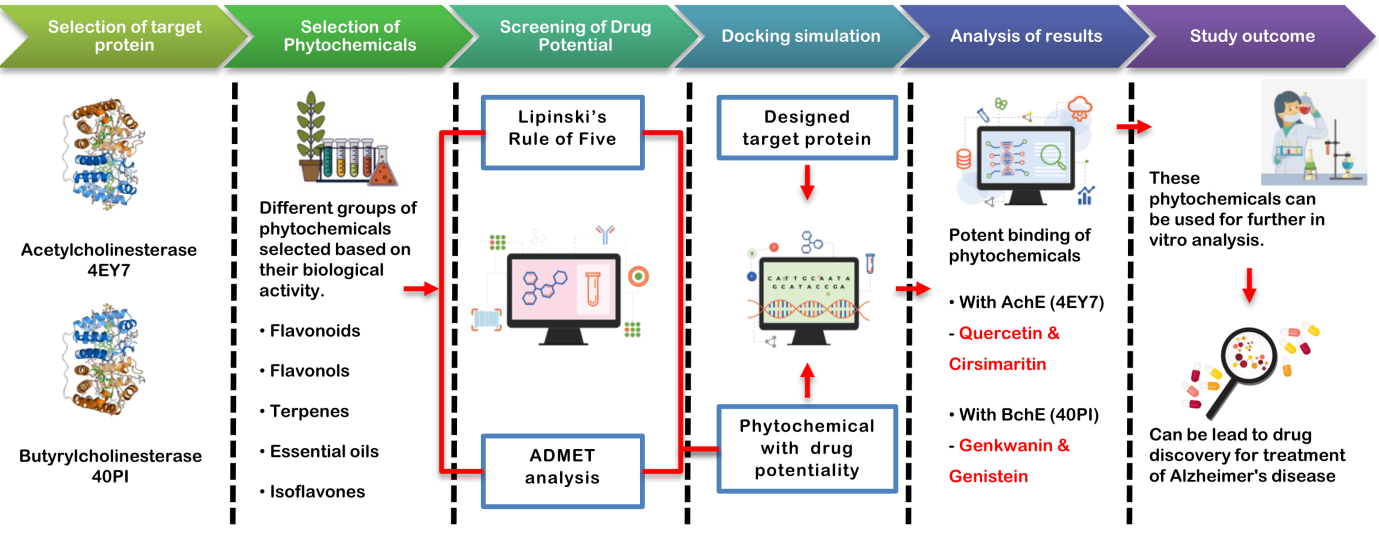
Vanshika Lumb, Preeti Karwal
Chemical Biology Letters, 2022, 9(2), 267.

Association of gender, age, and comorbidities with COVID-19 infection in India
Sunita Kumari Yadav, Priya Bhardwaj, Praveen Gupta, Daman Saluja, Jyoti Taneja
Journal of Integrated Science and Technology, 2022, 10(2), 53-58.
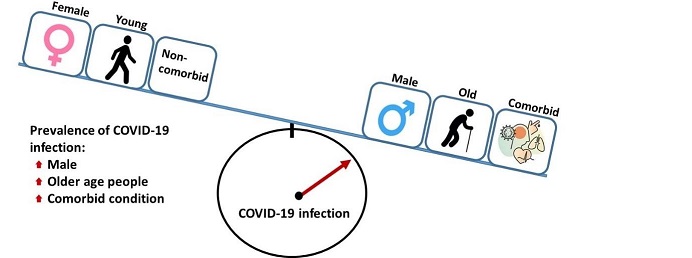
Nitin Bhardwaj, Ashutosh Singh, Harish Chandra, Kartikey Kumar Gupta
Chemical Biology Letters, 2022, 9(2), 306.
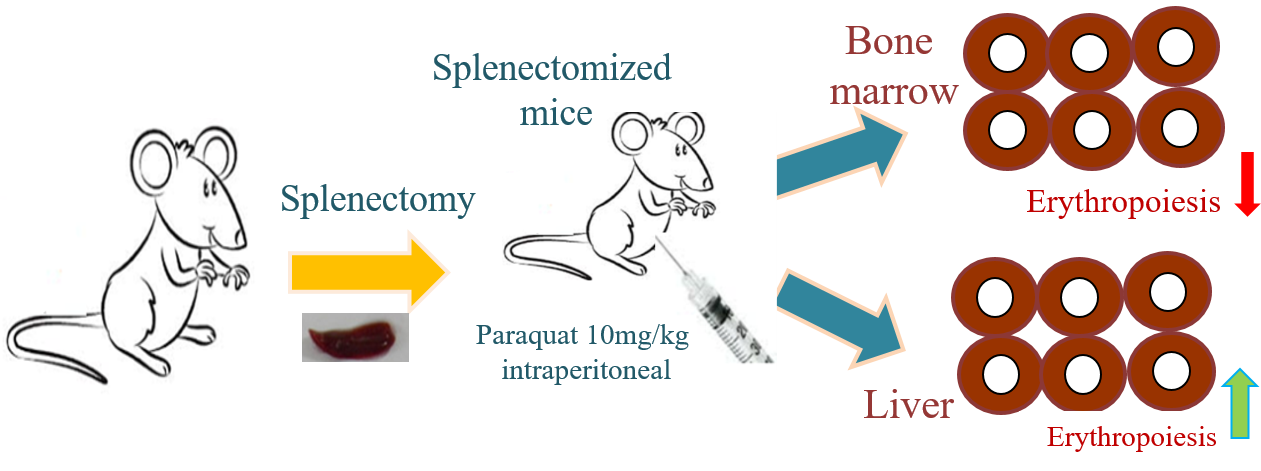
A long term Cell Culture and Insect Extracts T.N.Bankar1 and R.S.Pandit
Recommended for : JBTS / JIST
HIV infection and vaccine Dr. RAJNI ARORA SWAMI SHRADDHANAND COLLEGE, ALIPUR, (UNIVERSITY OF DELHI), DELHI-110036
Recommended for : JBTS / JIST
Prevention and management of the Severe Acute Respiratory Syndrome Coronavirus- 2 (SARS CoV-2) through endogenous Nitric Oxide production during Bhramari Pranayama- A review Chitra Chand,1 Dhananjoy Shaw,2* Vinod Kumar Katiyar3
Recommended for : JBTS / JIST
Participating Journals
